About Unifi Protocol DAO (UNFI)
What is Unifi Protocol DAO (UNFI)?
Unifi Protocol DAO (UNFI) is a decentralized finance (DeFi) platform focused on creating a cross-chain ecosystem for decentralized applications (dApps) across various blockchains. It aims to build a sustainable blockchain economy by offering solutions that address transaction volatility and inflation, using a stablecoin as its gas token to stabilize the platform’s operations. The governance of the Unifi Protocol is managed by the UNFI token, which allows holders to propose, vote on protocol upgrades, and participate in community-driven decision-making.
The core mission of Unifi Protocol DAO is to create a predictable, sustainable blockchain economy that businesses can rely on, leveraging the capabilities of cross-chain interoperability, decentralized finance, and a proof-of-stake (PoS) consensus model to ensure scalability and security.

How Does Unifi Protocol DAO (UNFI) Work?
Unifi Protocol DAO operates on a proof-of-stake (PoS) consensus mechanism, which allows users to stake their UNFI tokens to ensure the validity of network operations. This staking process secures the network while providing token holders with an opportunity to earn rewards. The Unifi Protocol includes several key solutions that facilitate cross-chain interactions and DeFi functionalities:
- uBridge (Wrapperless Cross-Chain Bridge):
- uBridge enables seamless cross-chain transfers without the need for wrapping tokens. This allows users to easily move assets between different blockchains without encountering the common challenges associated with cross-chain liquidity and token conversions.
- uTrade (Multi-Chain AMM):
- uTrade is an Automated Market Maker (AMM) designed to facilitate decentralized trading across multiple blockchains. It integrates advanced DeFi arbitrage strategies (DARBi), which allow for optimized trading opportunities by capitalizing on price discrepancies across different markets or blockchains.
- $UP Token (Unlimited Potential Token):
- The $UP token is fully collateralized and integrated throughout the Unifi ecosystem. It plays a central role in Unifi Protocol DAO, minting in direct proportion to the revenue generated from fees and transactions across the platform. This creates an innovative rewards structure where holders, users, and liquidity providers are incentivized with $UP tokens based on platform activity.
- Staking & Governance:
- UNFI tokens can be staked to earn rewards. Additionally, stakers participate in governance by proposing and voting on protocol upgrades and changes. The decentralized governance structure ensures that the community has a voice in the platform’s evolution and decision-making.
- Incentivized Liquidity Pooling:
- Unifi Protocol DAO incentivizes liquidity providers with rewards for contributing liquidity to pools. This liquidity supports trading and other DeFi activities across the network, helping to create a more efficient and stable ecosystem.
- Fee-Sharing and Loyalty Rewards:
- UNFI token holders benefit from fee-sharing mechanisms, where a portion of the fees generated on the platform is distributed to stakers and liquidity providers. In addition, the protocol features a loyalty rewards token to encourage long-term participation and engagement from the community.
- Lending Platform:
- The Unifi ecosystem also includes a lending platform, where users can borrow or lend assets in a decentralized manner. This adds another layer of functionality to the platform, allowing users to take advantage of DeFi opportunities beyond just staking and trading.
What Are the Potential Use Cases for Unifi Protocol DAO (UNFI)?
Unifi Protocol DAO provides the infrastructure and tools for the next generation of cross-chain decentralized finance (DeFi) applications. The potential use cases for UNFI within the ecosystem are:
- Cross-Chain DeFi Applications:
- Unifi Protocol enables DeFi applications to seamlessly interact across different blockchains, bridging Ethereum-based DeFi products with emerging DeFi ecosystems on other blockchains.
- Governance Participation:
- UNFI holders can actively participate in the protocol’s governance, voting on key proposals and protocol upgrades that affect the future direction of Unifi Protocol DAO.
- Staking for Rewards:
- UNFI tokens can be staked to earn rewards, providing holders with a way to generate passive income by participating in the network’s security and governance.
- Liquidity Pooling:
- Unifi Protocol DAO incentivizes liquidity providers, allowing them to contribute assets to pools in exchange for rewards, supporting the liquidity needs of decentralized exchanges and other applications.
- Collaboration with Businesses:
- The Unifi Protocol aims to create a stable and predictable blockchain ecosystem that businesses can rely on. It’s designed to offer solutions that integrate blockchain into real-world business operations by eliminating transaction volatility and inflation.
- Lending and Borrowing:
- With its integrated lending platform, Unifi allows users to participate in decentralized lending and borrowing markets, providing additional DeFi functionality beyond staking and liquidity provision.
What Is the History of Unifi Protocol DAO (UNFI)?
Unifi Protocol DAO was founded by Juliun Brabon, the co-founder and CEO, who began working on the project in 2018 after a career in operations management. Brabon was motivated by the need to address issues within existing blockchain economies, particularly the challenges posed by transaction volatility and inflation. In October 2020, Kerk Wei Yang and Daniel Blanco joined the team full-time, helping to develop and expand the protocol’s features.
The Unifi Protocol DAO is an open-source project that builds on the work of an earlier online staking community called Sesameseed. The project has steadily evolved to include a wide array of solutions for creating a sustainable blockchain economy, and it has garnered attention for its emphasis on cross-chain interoperability and decentralized governance.
The UNFI token has a total supply of 10,000,000 tokens, which are used for staking, governance, and participation in the ecosystem’s activities.


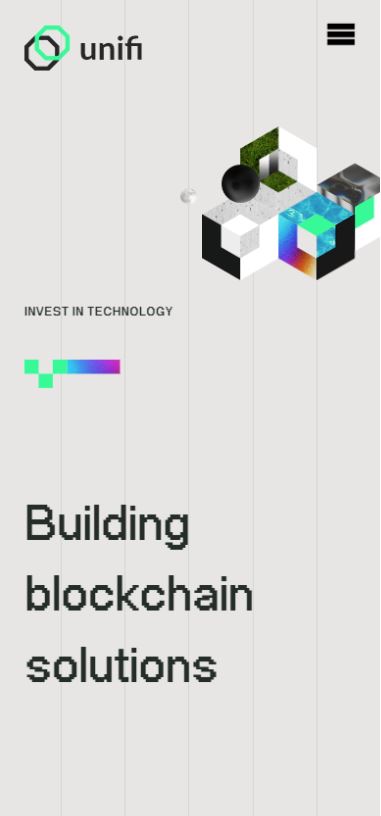
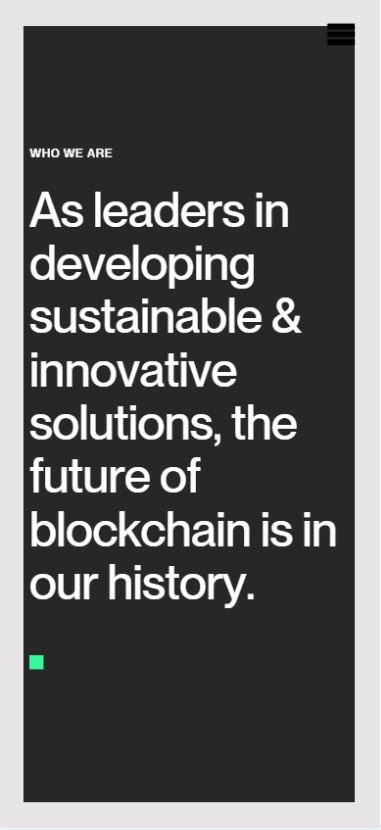
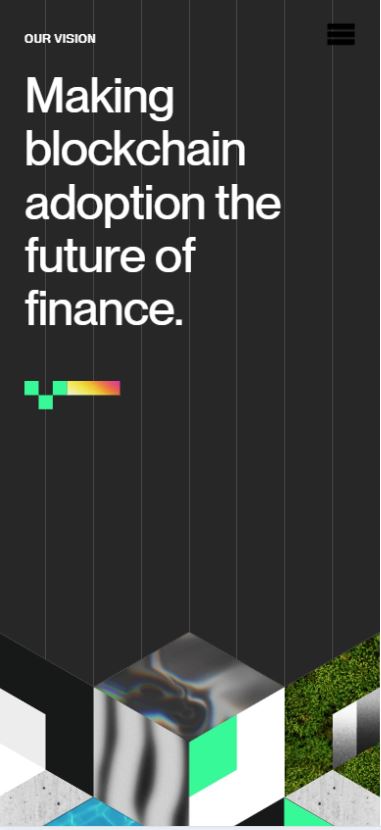








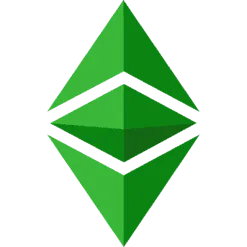




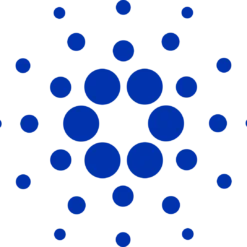
Anthonywax –
Bitcoin news updates
Anthonywax –
Cryptocurrency price analysis